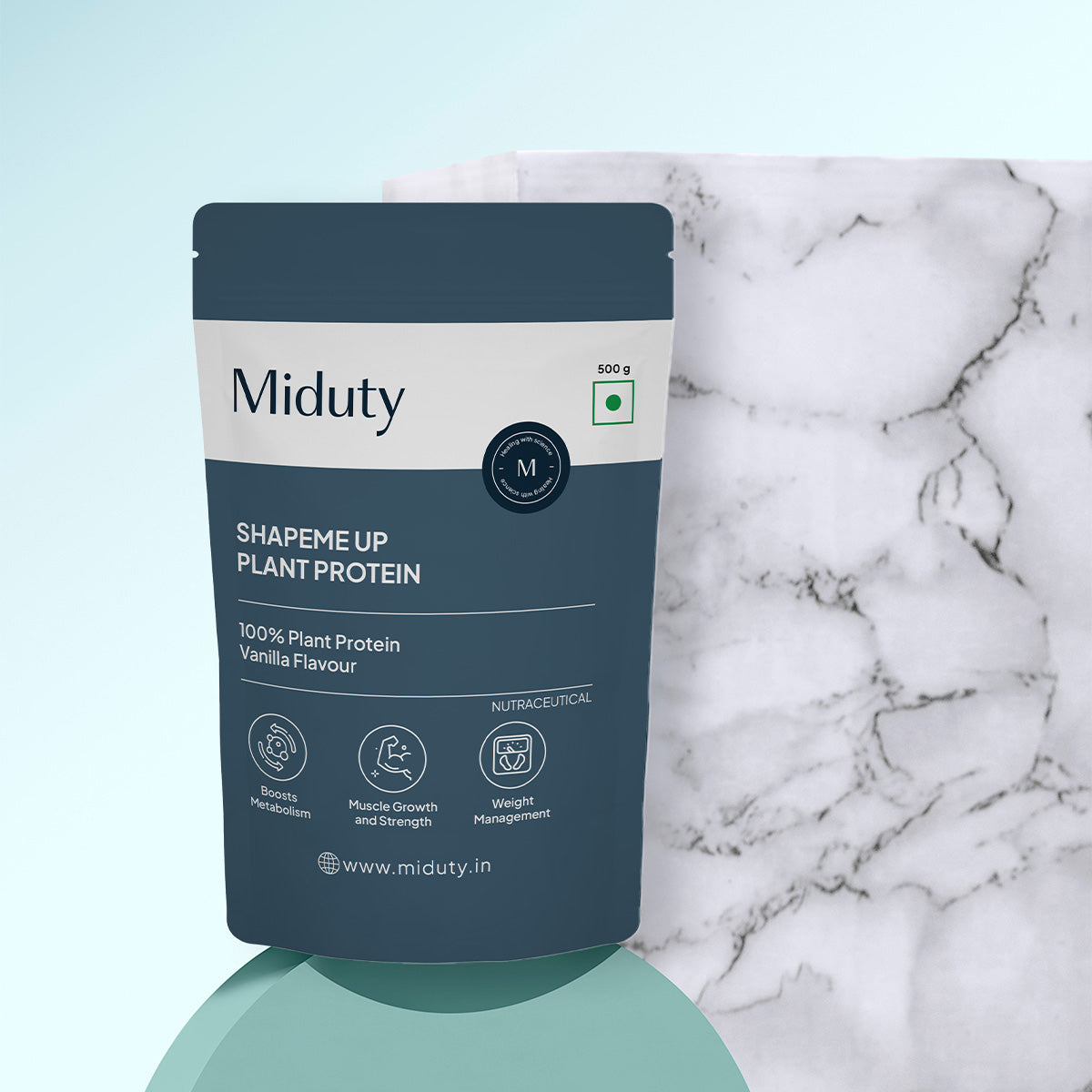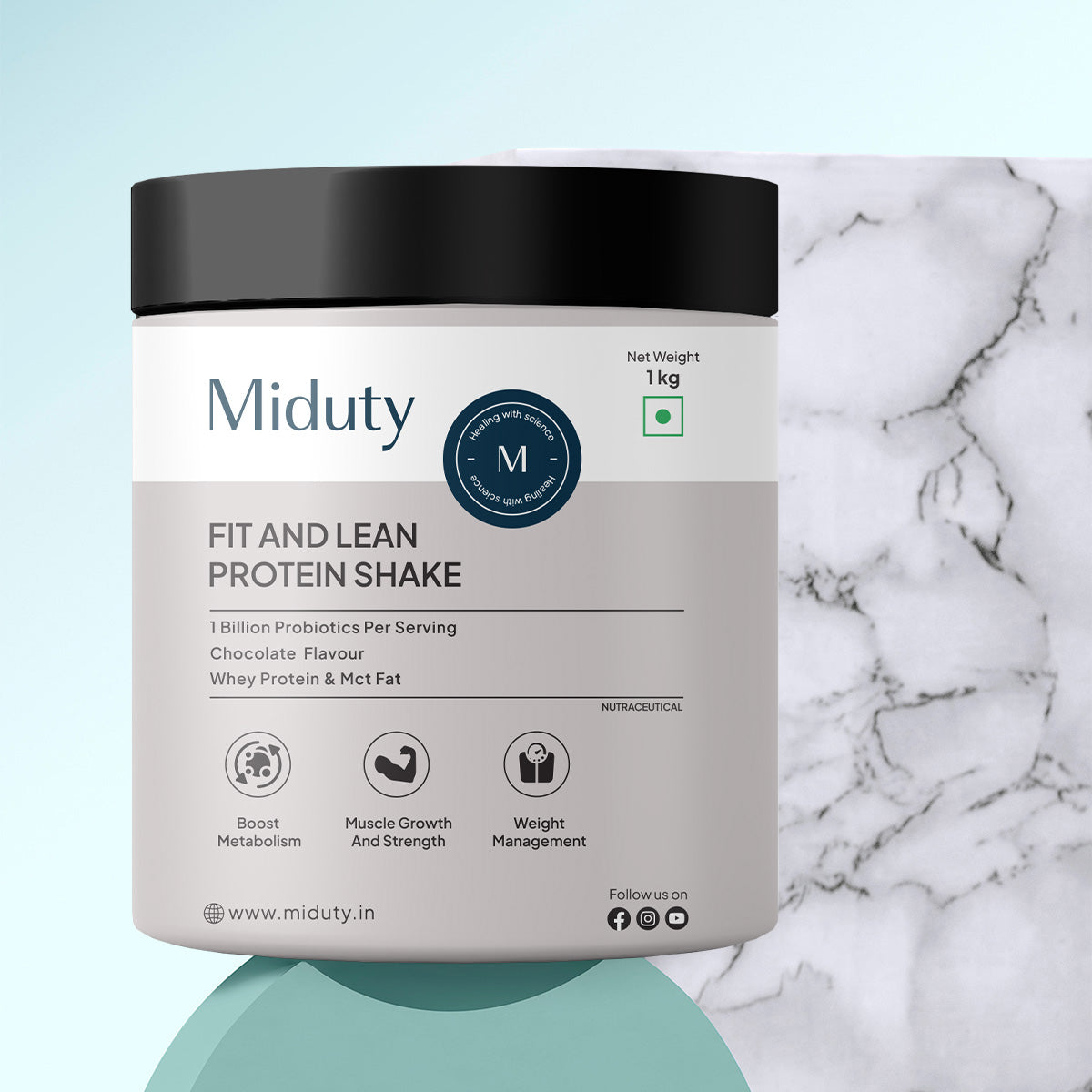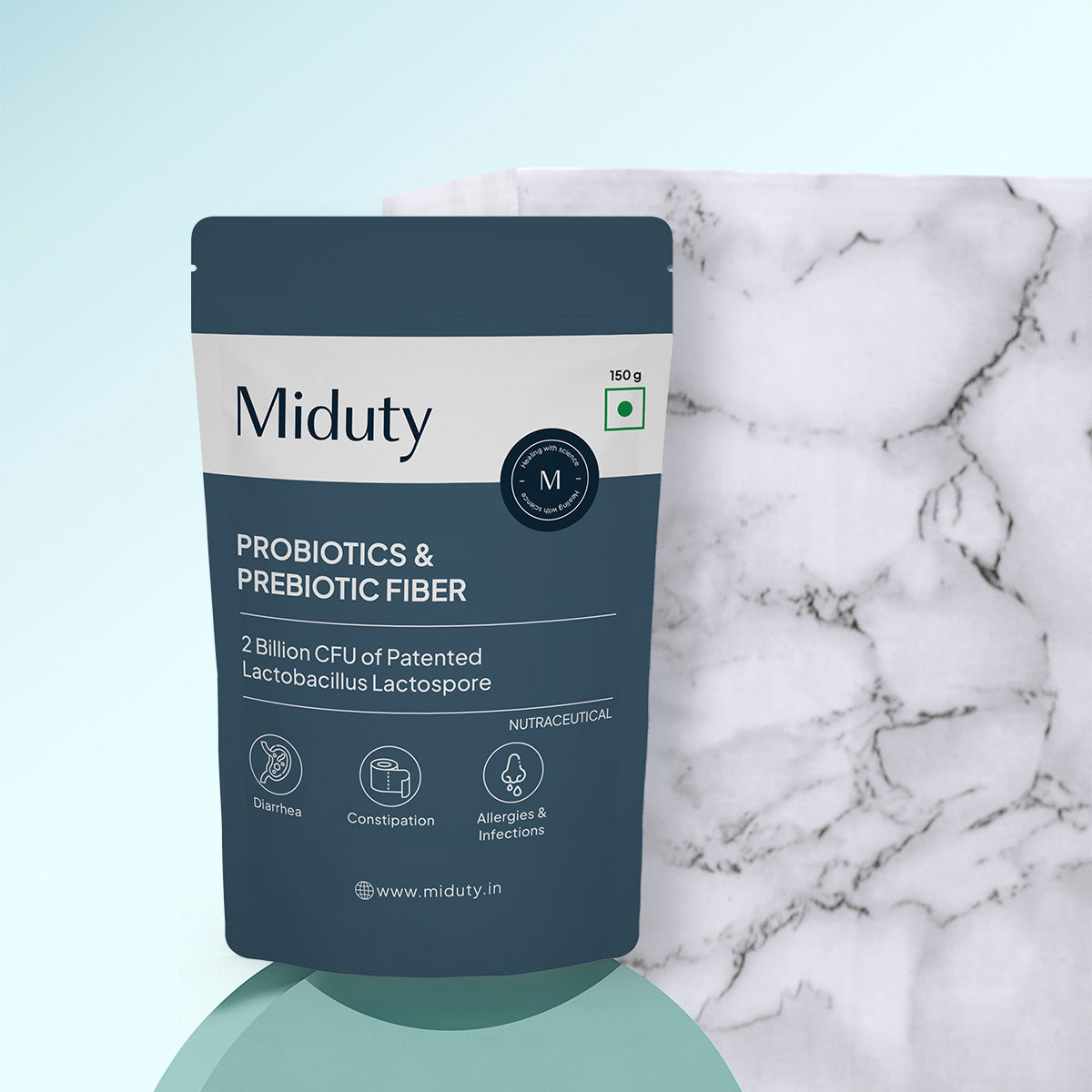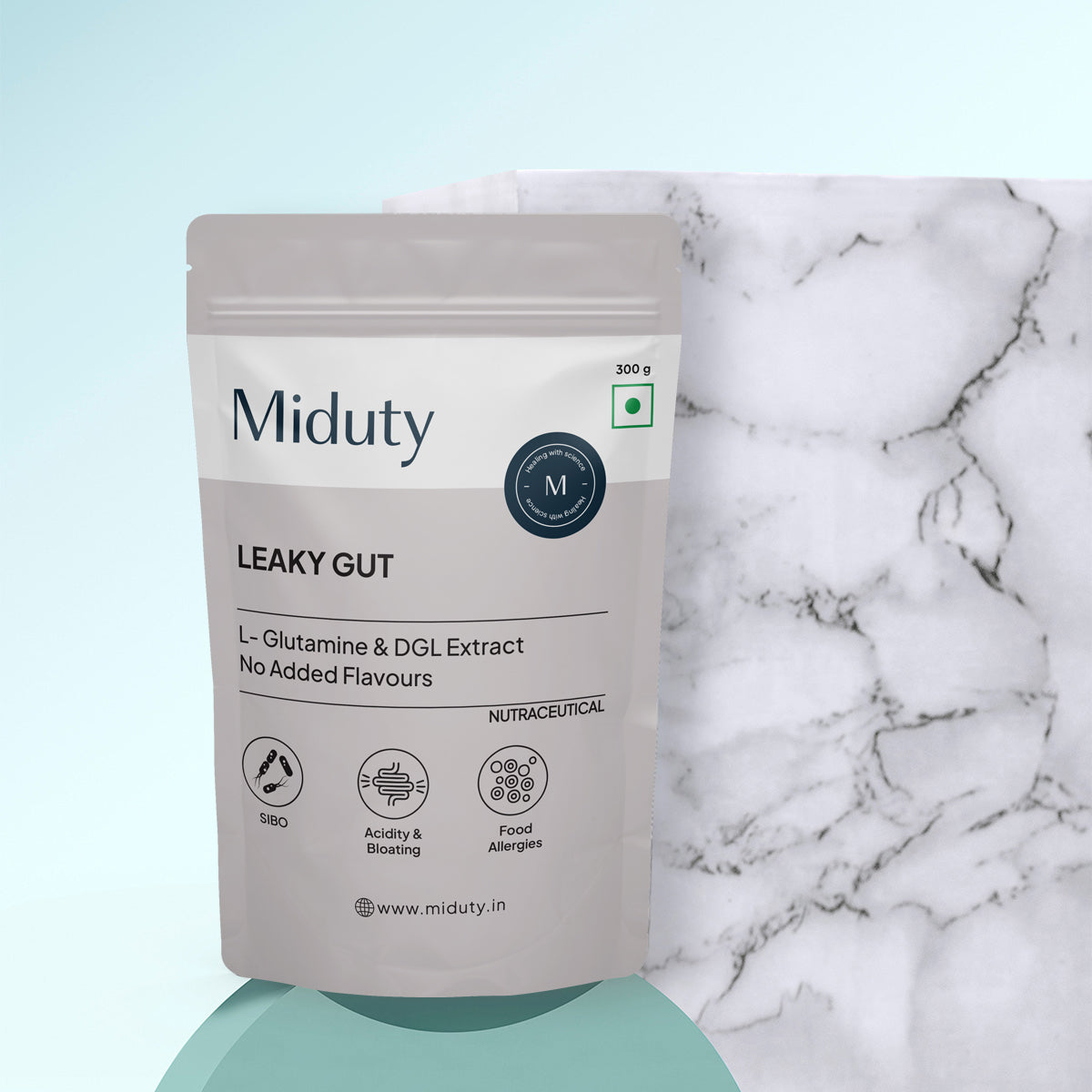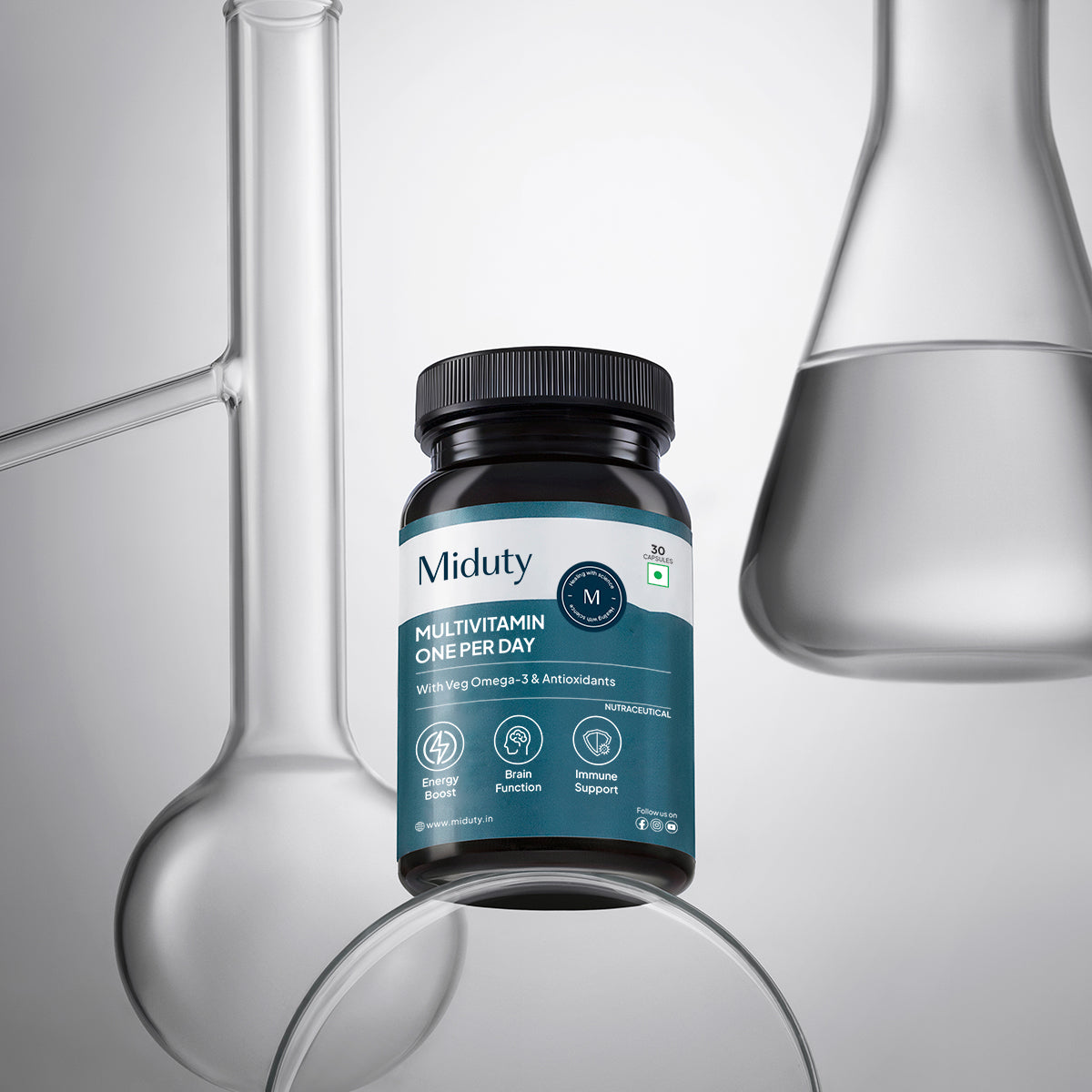
Top 10 Health Benefits of Amino Acids
Key Takeaways
1. Amino acids are essential building blocks of life - they form proteins that support muscles, skin, hair, nails, enzymes, and hormones.
2. Essential and non-essential types - the body requires 20 amino acids, including 9 essential ones that must come from diet and 11 non-essential or conditional ones that the body can produce.
3. Support for physical and mental health - they aid muscle growth, exercise recovery, immune function, brain health, and hormone regulation.
4. Dietary sources matter - animal-based proteins provide complete amino acids, while plant-based sources can be combined to ensure all essential amino acids.
5. Supplementation can be beneficial - in cases of aging, intense training, stress, recovery from illness, or plant-based diets; amino acid supplements help meet increased demands.
Amino acids are often referred to as the building blocks of life. They are fundamental organic compounds that play a pivotal role in virtually every function of the human body. By linking together in specific sequences, amino acids form proteins, which are the structural and functional pillars of cells, tissues, and organs. Proteins make up muscles, skin, hair, nails, and even enzymes that drive biochemical reactions in the body.
However, amino acids are far more than simple components of proteins. They are actively involved in critical physiological processes such as metabolism, immune system regulation, hormone synthesis, and neurotransmitter production.
In this blog, we'll explore the science behind amino acids, the different types your body needs, and the wide-ranging health benefits they provide, from supporting muscle growth to boosting brain function and protecting cellular health.
What Are Amino Acids?
Amino acids are small, simple molecules made up of basic elements including carbon, hydrogen, oxygen, nitrogen, and sometimes sulfur. Despite their small size, they are incredibly powerful because they serve as the foundation for building proteins, which are essential macromolecules in the body.
Amino acids are connected through peptide bonds, forming long chains called polypeptides, which then fold into specific shapes to become functional proteins. Without amino acids, your body would be unable to produce proteins or carry out essential functions that sustain life.
Types of Amino Acids
Amino acids are classified into three main categories:
1. Essential Amino Acids (EAAs)
These amino acids cannot be synthesized by the body and must be obtained through diet. There are nine essential amino acids:
- Histidine - Supports growth and tissue repair, and is crucial for the production of histamine.
- Isoleucine - Helps with muscle metabolism and energy regulation.
- Leucine - Critical for muscle protein synthesis and tissue repair.
- Lysine - Supports immune function, collagen formation, and calcium absorption.
- Methionine - Acts as an antioxidant and supports liver health.
- Phenylalanine - Precursor for neurotransmitters like dopamine and norepinephrine.
- Threonine - Important for protein balance, immunity, and gut health.
- Tryptophan - Precursor to serotonin, supporting mood and sleep.
- Valine - Promotes muscle growth, repair, and energy production.
2. Non-Essential Amino Acids
The body can synthesize these amino acids, so they aren't strictly required from the diet. Examples include:
- Alanine - Supports energy production and immune function.
- Asparagine - Plays a role in metabolism and nervous system health.
- Aspartic acid - Involved in hormone production and nervous system signaling.
- Glutamic acid - Acts as a neurotransmitter and supports cognitive function.
- Serine - Supports metabolism, brain function, and immune health.
3. Conditional Amino Acids
These are usually non-essential, but under certain conditions, like illness, stress, or trauma, the body may not produce enough. Examples include:
- Arginine - Promotes wound healing, improves blood flow, and supports immune and heart health.
- Cysteine - Helps form antioxidants like glutathione, which protect cells from oxidative damage.
- Glutamine - Supports gut health, immune function, and recovery after stress or injury.
- Tyrosine - Precursor for neurotransmitters, supporting brain function and stress response.
Health Benefits of Amino Acids
1. Muscle Growth and Repair
Amino acids, especially branched-chain amino acids (BCAAs: leucine, isoleucine, valine), are crucial for stimulating muscle protein synthesis, the process that repairs and builds muscle tissue. They help recover muscles damaged during intense workouts or physical activity. Leucine, in particular, acts as a key trigger for growth pathways in muscle cells. This makes amino acids essential for athletes, bodybuilders, and anyone recovering from injuries. Without enough amino acids, muscle repair slows, leading to fatigue and weakness. [1]
2. Enhanced Exercise Performance
Amino acids like BCAAs and glutamine reduce exercise-induced fatigue by providing extra energy to muscles during prolonged activity. They help delay muscle soreness and support faster recovery after intense workouts. Glutamine also aids in replenishing glycogen stores, improving endurance. By maintaining amino acid balance, the body can sustain energy levels and prevent overtraining. This contributes to better overall exercise performance and resilience.
3. Weight Management
Amino acids regulate metabolism and promote the maintenance of lean muscle mass, which increases the body's ability to burn calories efficiently. Leucine, in particular, supports fat loss by signaling the body to preserve muscle during calorie restriction. Certain amino acids also influence hormones that control appetite, reducing cravings. By supporting muscle mass and energy expenditure, amino acids contribute to healthier weight management. Adequate intake can make fat loss and weight maintenance more sustainable.
4. Immune System Support
Amino acids such as arginine, glutamine, and cysteine are critical for a strong immune system. Glutamine serves as fuel for immune cells like lymphocytes and macrophages, enhancing their function. Cysteine is a precursor to glutathione, a powerful antioxidant that protects cells from oxidative damage. Arginine supports wound healing and immune signaling. Together, these amino acids help the body defend against infections and recover from stress or illness. [2]
5. Brain Health and Mood Regulation
Amino acids like tryptophan and tyrosine are precursors for important neurotransmitters serotonin, dopamine, and norepinephrine that regulate mood, focus, and sleep. Adequate intake helps maintain mental clarity, reduce stress, and improve emotional stability. Tryptophan promotes serotonin production, supporting relaxation and sleep quality. Tyrosine enhances dopamine levels, improving alertness and motivation. This makes amino acids vital for mental well-being and cognitive performance. [3]
6. Hormone Production
Amino acids are essential for synthesizing hormones like insulin, growth hormone, and thyroid hormones, which regulate metabolism and energy levels. They provide the raw materials needed for hormone production and signal pathways in endocrine glands. Proper amino acid balance ensures efficient hormone function, supporting growth, tissue repair, and metabolic health. Deficiency can disrupt hormone levels, affecting energy, mood, and physical performance. This highlights their role in maintaining bodily balance.
7. Detoxification and Antioxidant Support
Sulfur-containing amino acids like cysteine and methionine are crucial for producing glutathione, one of the body's strongest antioxidants. Glutathione detoxifies harmful substances in the liver, neutralizes free radicals, and protects cells from oxidative stress. These amino acids support liver health and overall cellular protection. They also contribute to healthy aging by reducing oxidative damage. Maintaining adequate levels helps the body naturally detoxify and defend against environmental toxins.
8. Skin, Hair, and Nail Health
Amino acids like glycine, proline, and hydroxyproline are key components of collagen, the protein that maintains skin elasticity, hair strength, and nail integrity. Adequate amino acid intake promotes a youthful complexion, reduces wrinkles, and supports healthy hair growth. They also repair damaged skin and strengthen nails. Collagen synthesis depends directly on these amino acids, making them essential for beauty and structural support. This explains why amino acids are often included in skincare and hair supplements.
9. Gut Health
Amino acids such as glutamine are vital for maintaining the integrity of the gut lining, preventing "leaky gut," and supporting nutrient absorption. They reduce intestinal inflammation and promote repair of the digestive tract. Glutamine fuels enterocytes, the cells lining the intestines, ensuring proper digestion and immune defense in the gut. Adequate amino acid intake supports a healthy microbiome and overall digestive function. This is especially beneficial for those with IBS, inflammatory bowel disease, or other gut issues. [4]
10. Cardiovascular Health
Amino acids like arginine and taurine play a critical role in heart and blood vessel function. Arginine is a precursor to nitric oxide, which relaxes blood vessels, lowers blood pressure, and improves circulation. Taurine supports heart muscle contraction and electrolyte balance. Together, these amino acids help maintain healthy blood flow, reduce cardiovascular stress, and support overall heart health. Adequate intake can reduce the risk of hypertension and other heart-related issues. [5]
Dietary Sources of Amino Acids
Amino acids can be obtained from both animal and plant sources:
1. Animal-based sources: Eggs, poultry, fish, dairy, meat. These provide all essential amino acids (complete proteins).
2. Plant-based sources: Lentils, beans, tofu, quinoa, nuts, seeds. Some plant sources may lack one or more essential amino acids, so combining different plant foods ensures complete protein intake.
When to Consider Amino Acid Supplements?
1. Intense Physical Training or Bodybuilding
Athletes and heavy exercisers may need extra amino acids to support muscle growth and repair. BCAAs help reduce fatigue and accelerate post-workout recovery.
2. Recovery from Illness, Surgery, or Injury
During recovery, amino acids help repair tissues and boost immune function. Supplements like glutamine and arginine can speed healing and prevent muscle loss.
3. Aging and Declining Protein Synthesis
Aging reduces the body's ability to build protein, leading to muscle loss and slower recovery. Amino acid supplements help maintain muscle mass and metabolic health.
4. Vegetarians or Vegans
Plant-based diets may lack some essential amino acids. Supplements can fill nutritional gaps and support muscle and overall health.
5. Stressful Conditions
Stress increases the body's amino acid demand for immune, brain, and metabolic functions. Supplementation helps maintain resilience and overall health.
Conclusion
Amino acids are essential for maintaining health, supporting both physical and mental well-being. They play a crucial role in building and repairing muscles, enhancing exercise performance, and maintaining a strong immune system. Amino acids also contribute to brain function, hormone production, detoxification, and the health of skin, hair, and nails.
While a balanced diet usually provides sufficient amino acids, supplementation may be beneficial in certain situations, like aging, intense training, or plant-based diets. Ensuring adequate amino acid intake can improve energy, recovery, and cognitive function while supporting long-term health. By prioritizing these essential nutrients, you provide your body with the tools it needs to thrive and function optimally.
FAQ's on Amino Acids Benefits
Q1. How do amino acids impact sleep?
Amino acids like tryptophan and glycine promote relaxation and better sleep by supporting serotonin and melatonin production, while excess BCAAs may interfere by competing with tryptophan in the brain. Balanced amino acid intake helps regulate healthy sleep patterns.
Q2. What is the role of amino acids in the body?
Amino acids build and repair tissues, form proteins, enzymes, and hormones that regulate vital body functions, and can also serve as an energy source when needed. They're essential for growth, metabolism, and overall physiological balance.
Q3. How do amino acids affect the brain?
Amino acids support brain function by producing neurotransmitters that regulate mood, memory, and focus, while also providing energy for neural activity. Imbalances can affect cognition, stress response, and overall mental health.
Q4. What is the most common amino acid in the body?
Glutamine is the most abundant amino acid in the body, vital for protein and glucose metabolism, immune function, and cellular repair. It becomes conditionally essential during stress or illness to support recovery and energy balance.
Q5. Can amino acids help in muscle recovery after exercise?
Yes, amino acids, particularly BCAAs and glutamine, support muscle recovery by promoting protein synthesis, repairing tissue, and reducing soreness and fatigue after exercise. They help rebuild muscles and enhance post-workout recovery.
Q6. Do amino acids help in weight management?
Yes, amino acids support weight management by boosting metabolism, preserving lean muscle, and enhancing fat breakdown. Amino acids like leucine and L-carnitine help the body use fat for energy while maintaining muscle mass.
Q7. Can amino acids improve skin and hair health?
Yes, amino acids improve skin, hair, and nail health by supporting collagen and keratin production. They promote elasticity, strength, and overall appearance, helping maintain youthful, healthy tissues.
Q8. How many amino acids does the human body need?
The human body needs 20 amino acids to function properly, including 9 essential amino acids that must be obtained from the diet and 11 non-essential or conditional amino acids that the body can produce.
References


